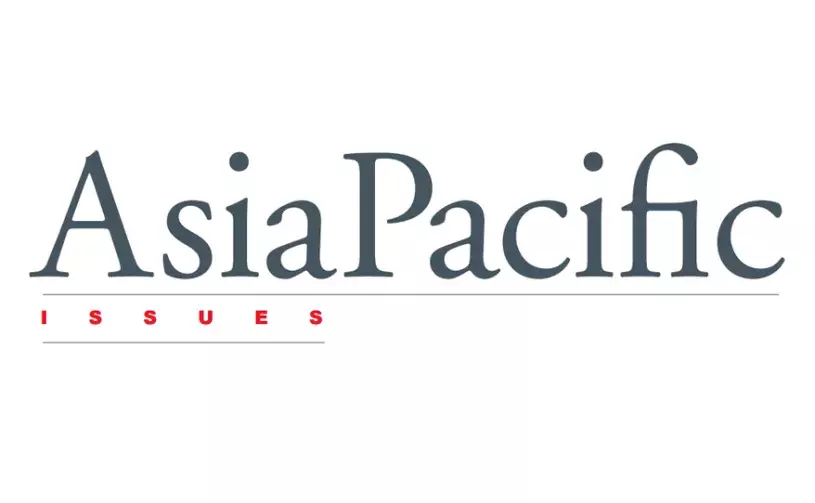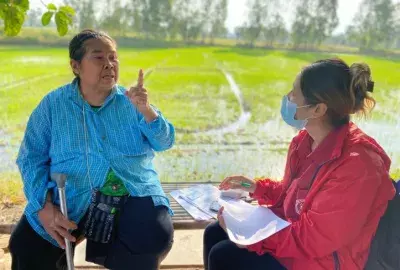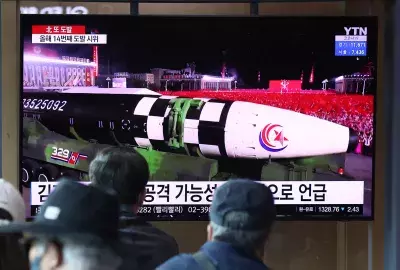Error message

Democracies need both strength and flexibility--enough structure to transform a kaleidoscope of public opinion into coherent debate and effective policy, but enough openness to protect individual rights. Finding this balance is a particular challenge in ethnically diverse emerging democracies. Political parties usually serve a country best when they are limited in number, strong, and broad-based. Their evolution was once left mainly to chance; today, governments often seek to influence the process. Among those attempting reforms are Papua New Guinea, home to hundreds of languages; Indonesia, with its separatist movements; the Philippines, experimenting with ways to balance party interests with other social concerns; and Thailand, whose once fragmented political scene seems headed toward domination by one party. Their strategies for encouraging stable party systems range from minimum-vote thresholds to efforts to stiffen internal party discipline. Much can be learned from these Asia Pacific efforts at political engineering--including the need for a cautious approach that minimizes unforeseen consequences and costs.
Democracies need both strength and flexibility--enough structure to transform a kaleidoscope of public opinion into coherent debate and effective policy, but enough openness to protect individual rights. Finding this balance is a particular challenge in ethnically diverse emerging democracies. Political parties usually serve a country best when they are limited in number, strong, and broad-based. Their evolution was once left mainly to chance; today, governments often seek to influence the process. Among those attempting reforms are Papua New Guinea, home to hundreds of languages; Indonesia, with its separatist movements; the Philippines, experimenting with ways to balance party interests with other social concerns; and Thailand, whose once fragmented political scene seems headed toward domination by one party. Their strategies for encouraging stable party systems range from minimum-vote thresholds to efforts to stiffen internal party discipline. Much can be learned from these Asia Pacific efforts at political engineering--including the need for a cautious approach that minimizes unforeseen consequences and costs.







